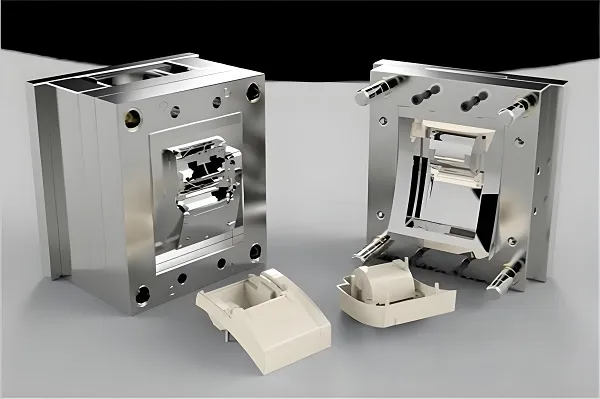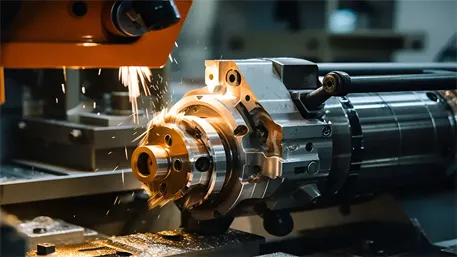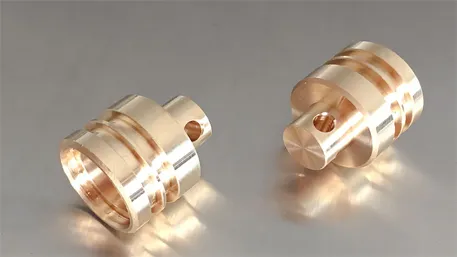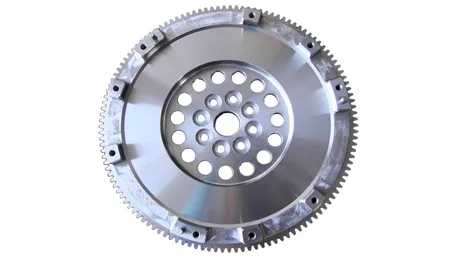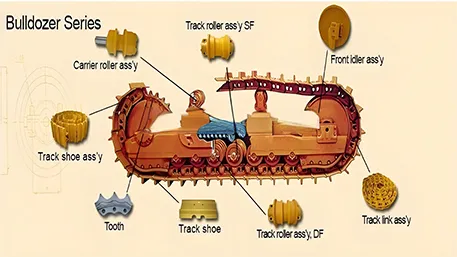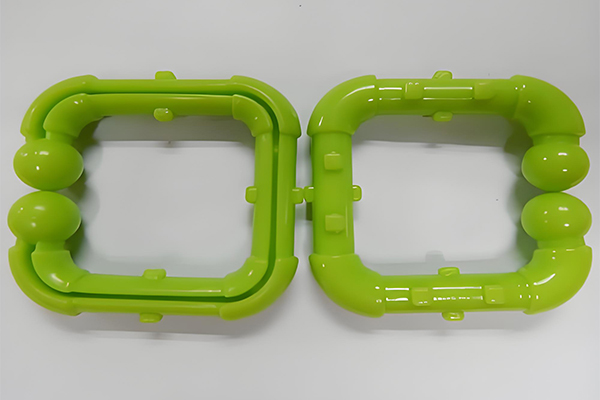In the field of modern high – end manufacturing, precision metal fasteners and components, as the “bones and nerves” of equipment, directly influence the stability and accuracy of the system. With the development of the industry towards intelligence and miniaturization, CNC (Computer Numerical Control) technology, with its outstanding precision – machining capabilities, has become the core support for customizing metal fasteners and components. This article will analyze the professionalism and technical value of custom CNC precision metal fasteners and components from aspects such as technical advantages, material selection, process innovation, quality control, and application scenarios.
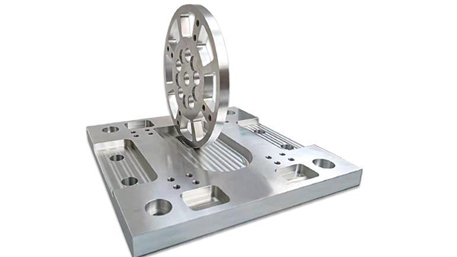
I. Core Advantages of CNC – driven Customization of Precision Metal Fasteners and Components
Through digital programming and automated control, CNC technology brings three core advantages to the processing of precision metal fasteners and components:
Micron – level Precision Assurance: CNC machine tools can achieve a dimensional tolerance of ±0.005mm and a surface roughness of Ra≤0.4μm, meeting the strict requirements of high – precision fields such as aerospace and medical. For example, when processing miniature gears, the tooth profile accuracy can reach ISO 5, ensuring low – noise and high – reliability of the transmission system.
Efficient Molding of Complex Structures: Five – axis CNC equipment can process complex curved surfaces, thin – wall structures (wall thickness ≤ 0.1mm), and small holes (diameter ≥ 0.1mm) that are difficult to achieve with traditional processes. For example, the special – shaped joints of minimally invasive medical surgical instruments can be processed on multiple sides in one clamping, avoiding error accumulation.
Wide Material Adaptability: CNC technology is compatible with various metal materials such as stainless steel, aluminum alloy, titanium alloy, brass, and die – steel. The best processing parameters can be matched according to requirements. For example, when processing titanium alloy, a low – speed and high – feed strategy is adopted to reduce tool wear and increase production efficiency by more than 30%.
II. Technical Analysis of the Full – process Customization Service
Requirement Analysis and Material Selection
The customization service starts with a deep understanding of customer needs. Engineers need to select appropriate metal materials by combining application scenarios (such as high – temperature, high – pressure, and corrosion – resistant environments) and functional requirements (such as electrical conductivity and wear resistance). For example:
Aerospace: High – strength titanium alloys (such as TC4 with a tensile strength of ≥895MPa) or 7075 aluminum alloys (yield strength of ≥503MPa) are selected to ensure structural strength while reducing weight.
Medical Field: 316L stainless steel with excellent biocompatibility (carbon content ≤ 0.03%) or pure titanium (TA2) is used to ensure the safety of implants.
Process Design and Precision Machining
Tool and Parameter Optimization: Special – purpose tools are selected for different metal materials. For example, when processing stainless steel, a carbide tool containing TaC is used, combined with high – pressure internal cooling technology, to extend the tool life by 50%. Through High – Speed Cutting (HSC) technology, the processing speed of aluminum alloy can reach 20000r/min with a feed rate of 0.2mm/z, increasing efficiency by 40%.
Five – axis Machining: It enables the one – time forming of complex curved surfaces, such as the three – dimensional curved surface milling of automotive turbocharger impellers, reducing human intervention and improving surface consistency.
Surface Treatment and Function Enhancement
The customization service can provide a variety of surface treatment solutions:
Precision Polishing: Through electrolytic polishing or ultrasonic polishing, the surface roughness can reach Ra≤0.1μm, meeting the high – finish requirements of optical instrument components.
Surface Strengthening: Nitriding treatment is carried out on die – steel parts, and the surface hardness can reach above HV1000, increasing wear resistance by 3 times.
Coating Process: Teflon (PTFE) is coated on the surface of aluminum alloy to reduce the friction coefficient to below 0.1, which is suitable for moving parts.
Quality Control and Compliance Certification
Custom precision metal fasteners and components need to pass strict quality inspections:
Dimensional Inspection: A Coordinate Measuring Machine (CMM) conducts a full – size scan of key dimensions. For example, the roundness error of precision shaft – type parts is ≤0.002mm.
Material Analysis: A spectrometer verifies the metal composition to ensure compliance with standards such as ASTM and GB; mechanical tests (tensile, fatigue) confirm the performance indicators.
Nondestructive Testing: X – ray or ultrasonic testing is used to detect internal defects, ensuring the reliability of parts in high – safety – level fields such as aerospace.
III. Typical Application Scenarios and Cases
Aerospace Field
Custom titanium – alloy precision bolts (such as TC4 material) are precision – turned by CNC. The thread accuracy reaches grade 6g, and the tensile strength is ≥895MPa. They are applied to the connection of aircraft engines to ensure safety under extreme working conditions.
Medical Equipment Manufacturing
The stainless – steel precision sleeves (316L material) of minimally invasive surgical instruments are milled and electrolytically polished by CNC. The inner – wall roughness is Ra≤0.2μm, reducing the risk of tissue damage and improving surgical accuracy.
Semiconductor Equipment
Custom aluminum – alloy precision guide rails (6061 – T6 material) are ground by CNC, and the straightness is ≤0.01mm/m, providing high – stability support for equipment such as lithography machines.
IV. The Value and Future Trends of Customization Services
Custom CNC precision metal fasteners and components significantly improve equipment performance and reliability by accurately matching requirements. For example, the customized stainless – steel nozzles of the automotive engine fuel injection system, after precision drilling by CNC (aperture tolerance of ±0.005mm), improve the atomization effect by 20% and increase fuel efficiency by 15%. In the future, with the integration of AI and CNC technology, customization services will become more intelligent:
Digital Twin Technology: Optimize the processing process through virtual simulation, reducing trial – and – error costs and shortening the delivery cycle.
Adaptive Machining System: Real – time monitoring of parameters such as cutting force and temperature, and dynamically adjusting the processing strategy to further improve the processing accuracy and efficiency of complex parts.
Consult now to get your exclusive customization plan!
Whether it’s high – reliability fasteners for aerospace, miniature precision components for medical equipment, or ultra – precision guide rails for semiconductor equipment, our professional team will combine CNC technology and metal material characteristics to provide you with a one – stop service from design to delivery. Click to leave a message, and let us customize a high – performance and high – precision metal fastener and component solution for your project, helping you break through technical boundaries in the high – end manufacturing field and lead industry innovation!

